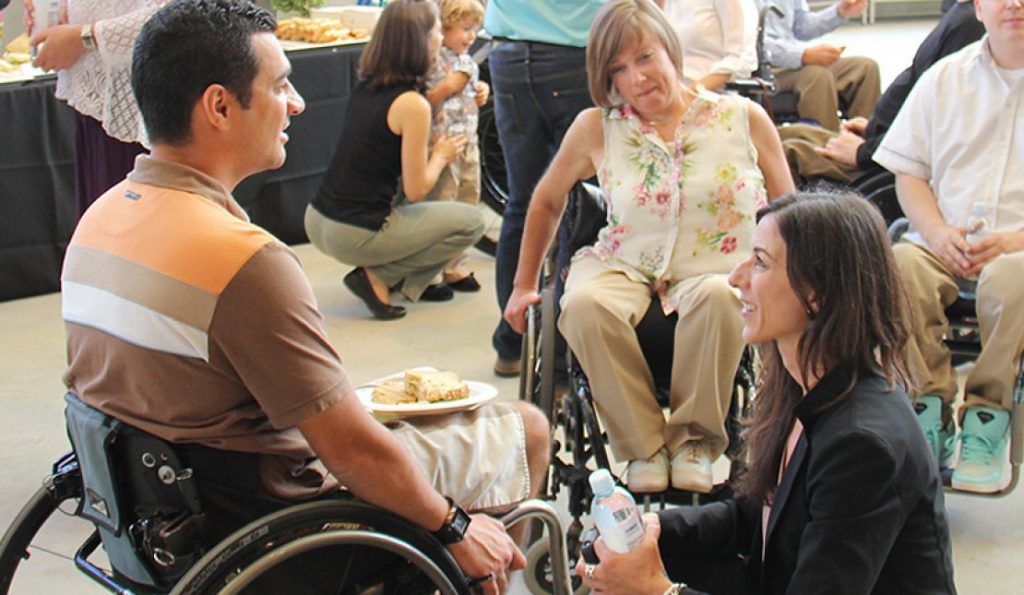Do you suffer from any cognitive or physical impairment that makes you able to go out and about challenging for you? Many people with physical or mental impairment know what is going around in the local area is a significant challenge.
Access to the community is something people consider to be a given. Most people are connected to their communities in various ways: whether through their work, hobbies or even activities. The reason people do this is to create an identity and boost self-esteem and the feeling that they are appreciated.
Community access is the physical access to external environments that are not part of the home, and it covers transportation to and from and the tasks performed by the community.
Leisure and recreation activities are an essential aspect of your life for everyone, even people who are disabled. Community access is a crucial aspect of life for those with disabilities. It allows the ability to engage in recreational activities and social activities and enable the person to gain skills and skills. While not everyone needs assistance to participate in leisure and community access activities, some may not access these opportunities unless assistance or rehabilitation training is offered.
However, in traditional rehabilitation programs, access to community facilities is not often a priority, and many are restricted to segregated recreation and leisure activities and even post-compulsive rehabilitation. When the community access task is accomplished, they usually involve large groups of people in common locations, like parks and shopping malls. There is no support provided for individuals’ participation or rehabilitation therapy for community access.
When there is a change in physical capability and mobility or cognitive ability, accessibility to the community is a challenge for many people. Changes in accessibility, the ability to navigate roadways and crossings, making accessibility to elevators and ramps, and access to restrooms and public transportation are all significant challenges that the person hasn’t yet experienced through rehabilitation or doesn’t yet feel comfortable taking on.
Occupational Therapy for community access helps each person develop an action-oriented plan to study and become comfortable interacting with their community. Enhancing independence and confidence through access to the community allows people to participate in various activities that improve their quality of life. Furthermore, community access can also encourage physical activity and the return to a routine that might be disrupted due to an alteration in health.
Access to the community and therapy interventions may include activities based on goals like catching buses, trains, ferries or trains or navigating to their local stores or attending medical appointments, and navigating to a family member or friend’s home or purchasing products from shops. Retraining in cooking and meal preparation is also beneficial to certain individuals, and an occupational therapist can do this.
Community access retraining concentrates on the grading of therapy interventions. Over time, the level of support decreases, and the patient can be out and about on their own.
What We Do?
Victoria Care Group can provide Support Workers who can provide the help you need to participate in the community and have the resources to participate in things that you like.
We will work with the family members along with clinicians who are your support and allied health professionals to help you organise your community, social and leisure activities. This is to ensure that you can make the best choices and make your voice heard on what you’d like to do to connect with the community and participate in social events. The support staff we offer will help you acquire new living abilities to reach your goals of greater independence.

